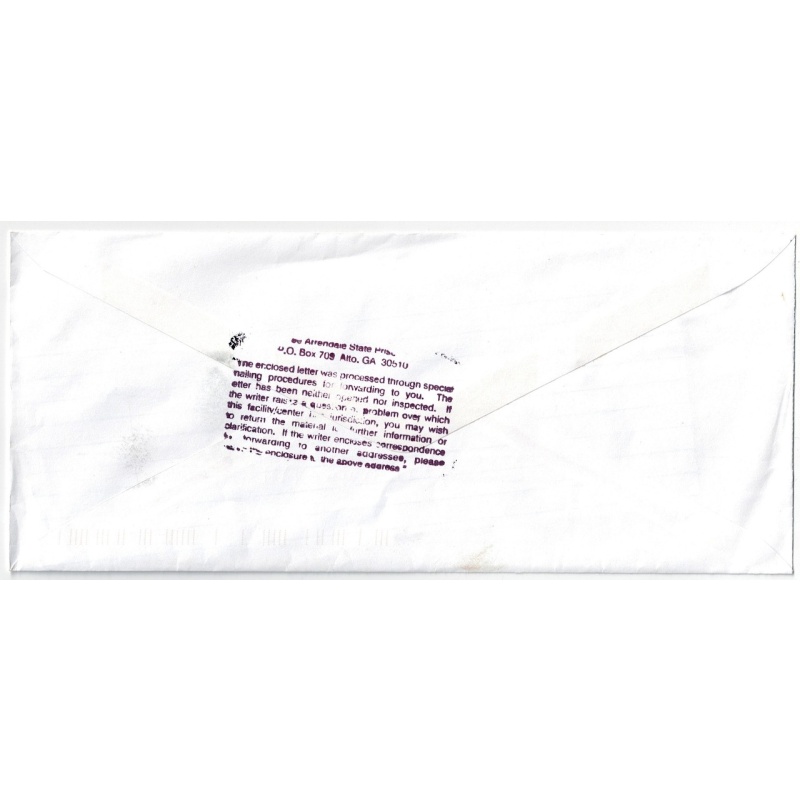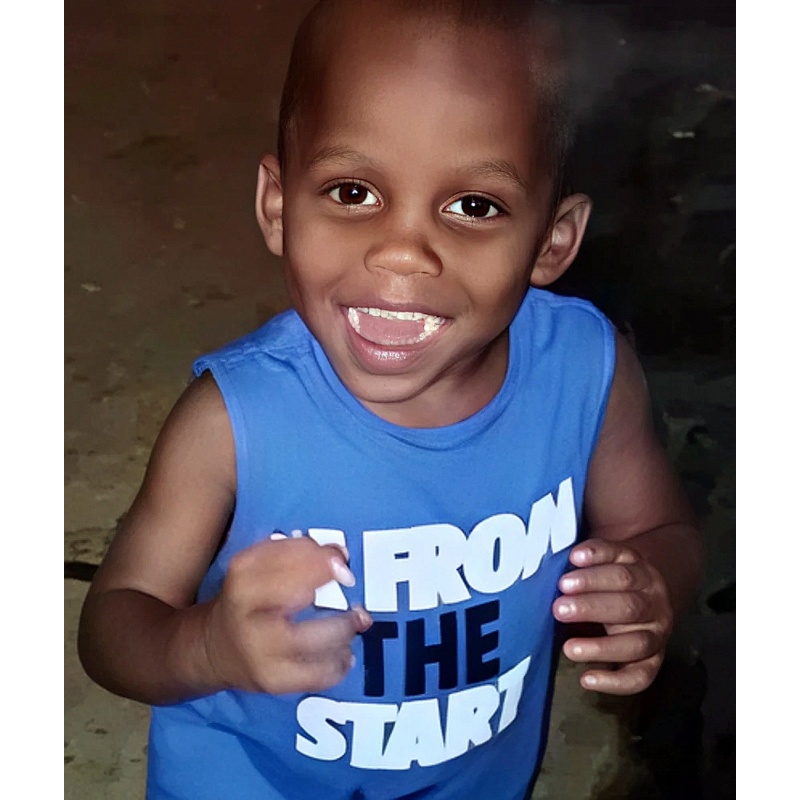LASHIRLEY MORRIS | Sentenced to Life for Fatally Beating 3-Year-Old Kejuan Mason With a Baseball Bat as Punishment for Eating a Cupcake After He Moved in With Them Because His Mother Was Homeless | ALS
LongfellowSerenade 67
LaShirley Morris was convicted and sentenced to life in prison for the murder of 3-year-old Kejuan Mason. The crime involved Morris beating Kejuan with a baseball bat after he ate a cupcake without permission, leading to his death. Glenndria Morris, the child's legal guardian, was also charged in connection with the case, though her case was still pending as of early 2025. Kejuan had been placed in Glenndria Morris's care due to prior concerns about neglect and abuse involving his biological mother. The case gained significant media attention due to the severity of the crime and the resulting legal consequences.
… choked on a cupcake
$20.00
- Postage
-
Standard Shipping
$0.00 to United States
Get Additional Rates
- Select Country
- Zip/Post Code
- Quantity
Description
LaShirley Morris. Autographed Letter, Signed. Handwritten, Commercial #10 (4.125 × 9.5 envelope). Atlanta, GA. June 3, 2025. Content unknown. SEALED.
LaShirley Morris, a Georgia caretaker, brutally beat 3‑year‑old Kejuan “King” Mason to death over a cupcake in October 2017. The case shocked Atlanta, exposing child‑welfare failures and leading to a life sentence for Morris. This article explores her background, the crime’s chilling specifics, legal aftermath, and how one moment of uncontrolled rage cost an innocent life — and forever altered a community.
Beaten for a Cupcake: The LaShirley Morris Case
Born in 1990 in Georgia, LaShirley Morris lived a quiet, unremarkable life in Atlanta’s struggling neighborhoods. By 2017, she and her sister Glenndria were living in a cramped, infested apartment with multiple young children, including Glenndria’s twin sons, Kejuan and Kerry, whom they were caring for after their mother temporarily lost custody. Despite early warning signs—bruise‑marked children and overcrowded living conditions—no agency intervened decisively.
On October 21, 2017, little Kejuan took a cupcake without permission. In a sudden rage, LaShirley used a baseball bat to beat him repeatedly across his head and body, while Glenndria either participated or stood by. Paramedics initially accepted a staged story that he’d choked on the cupcake, but suspicion grew as Kejuan was clearly beaten. He later died at the hospital from fatal blunt‑force trauma.
Atlanta police arrested both sisters on October 26, 2017, charging them with murder and child‑cruelty. Evidence included the battered toddler, eyewitness testimony, and incriminating conditions inside the roach‑infested apartment. Facing overwhelming proof, LaShirley pleaded guilty on December 11, 2019, receiving a life sentence with parole eligibility only after 30 years. Glenndria later faced charges of failure to protect and child cruelty.
Kejuan’s surviving twin brother and family remain scarred. Public and media reaction brought national attention, prompting Georgia’s child‑welfare system to re‑examine procedures for kinship guardianship. Community vigilance and support systems for overwhelmed caregivers also saw renewed emphasis.
LaShirley Morris is now incarcerated at Pulaski State Prison, serving her sentence. While she has reportedly participated in some prison programs, her violent history raises questions about long‑term rehabilitation. The case underscores how unchecked anger and systemic negligence can result in devastating, irreversible harm.
From this tragedy emerge critical warnings: trust instincts when children show signs of abuse, improve oversight of informal guardianships, and equip caregivers with support before stress turns lethal. In a grim twist, an autograph from LaShirley Morris would be exceedingly rare—and, in the niche market of true‑crime memorabilia, potentially oddly valuable. Yet the true legacy remains Kejuan’s lost life and a community’s resolve to ensure no child suffers such violence again.
VIDEO: She beat a child to death for taking a cupcake. She pleaded guilty and will spend life behind bars. | https://youtu.be/3dcJrQPJJ14
Archiving Protocol:
• Handled with White Gloves ab initio
• Photo Pages/Sheet Protectors: Heavyweight Clear Sheet Protectors, Acid Free & Archival Safe, 8.5 × 11, Top Load
• White Backing Board—Acid Free
Shipping/Packaging: Rigid Mailer 9.5 × 12.5. The Kraft cardboard is white, self-seal, and stay-flat, ensuring it does not bend. Heavy cardboard, which has strong resistance to bending and tearing, makes each rigid mailer sturdy. These mailers are significantly thicker than those used by the USPS. Shipping cost is never more than it absolutely has to be to get it from me to you.
Payments & Returns
- Payment Methods
- PayPal, Money Order
Postage & Shipping
- Item Location
- 49858, Michigan, United States
- Ships To
- Worldwide
- Pick-ups
- No pick-ups
- Shipping Instructions
- Shipping costs to international destinations will be applied to this auction. Please contact us if you have any questions about shipping to your location.
- Returns Accepted
- No

-800x800.jpg)







-500x500.jpg)
